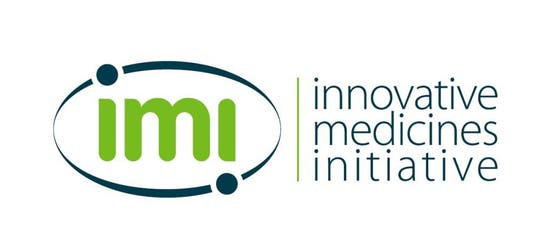New consortium investigates Impact of Monoclonal Antibodies and Vaccines on AMR

UMC Utrecht is a co-leading academic institute within PrIMAVeRa (Predicting the Impact of Monoclonal Antibodies & Vaccines on Antimicrobial Resistance), a new research consortium supported by the Innovative Medicines Initiative (IMI). In the coming years, the consortium will investigate the impact of monoclonal antibodies (mAbs) and vaccines on antimicrobial resistance (AMR). The total budget of the study is € 9 million (of which € 1.2 million has been allocated to UMC Utrecht).
With an almost empty antibiotic pipeline, mAbs and vaccines are increasingly recognized as important tools against AMR. Yet, available resources cannot finance all potential interventions, and choices need to be made according to costs of mAbs and vaccines, impact on the burden of AMR and prevention of its economic consequences. The PrIMAVeRa consortium will develop a web-based platform that combines advanced mathematical models with a comprehensive epidemiological repository. Systematic reviews will generate data to inform the model structure and parametrization and select the most appropriate models for determining the AMR burden by pathogen, infection and target population. Deterministic continuous time models and stochastic discrete time individual-based models with multiple modules will cover all relevant aspects of AMR, while Bayesian approaches will be used for cost-effectiveness analysis. The models will be calibrated in 8 EU countries based on the data coming from health information systems.
The PrIMAVeRa consortium comprises a prominent collection of European research groups with expertise in AMR, vaccines, mAbs, mathematical and economical modelling. The proposal builds on established research collaborations and existing research infrastructures from EU- and IMI-funded research projects, such as EPI-Net (COMBACTE-MAGNET) and CLIN-Net and LAB-Net (COMBACTE-NET). The major deliverable will be an open access web-based user interface that will allow the wider scientific community to freely access and apply the models. This platform will also help healthcare authorities to make data-driven decisions on which vaccines and mAbs should be prioritized.
